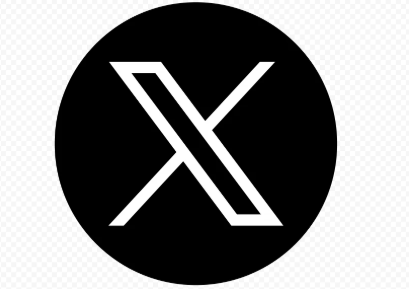Is Azure Cloud Secure? What You Should Know
The news broke like wildfire—another massive cloud data breach. Thousands of users affected. Sensitive data leaked. Businesses scrambling to recover. It’s a stark reminder that security in the cloud isn’t something to take lightly.
If you’re using Microsoft Azure—or considering it—you’re probably wondering: Is Azure safe? The short answer? Yes, but it’s a shared responsibility. Let’s break it down.
Azure’s Security: A Fortress in the Digital World
Imagine a castle. High walls, armed guards, secret tunnels, and reinforced gates. That’s how Azure treats security—a multi-layered defense system designed to keep intruders out and data safe inside.
1. The Walls: Physical Security
Every Azure datacenter is built like a fortress. Security cameras, biometric scanners, armed personnel—only a select few get inside. The buildings are protected against power outages, extreme weather, and even natural disasters. If one system fails, another kicks in. No single point of failure.
2. The Guards: Network Security
Think of Azure’s network like a heavily monitored highway. Firewalls block suspicious traffic. Intrusion detection systems spot potential threats. And Azure DDoS Protection fights off cyberattacks designed to overwhelm your systems.
With Azure Firewall and Network Security Groups (NSGs), you decide who gets in and who stays out. It’s like having security checkpoints for your data.
3. The Lock and Key: Data Encryption
Even if an attacker somehow gets in, they won’t be able to read your data—it’s locked tight with encryption. Whether your data is sitting in storage or traveling across the internet, Azure keeps it protected.
With Azure Key Vault, you control the keys to your encrypted data. Without the right key, it’s just unreadable gibberish to hackers.
Trust, But Verify: Compliance and Certifications
Microsoft doesn’t just talk about security—it proves it. Azure meets global security standards like ISO 27001, SOC 2, HIPAA, and GDPR.
For industries with stricter regulations, Azure offers tailored compliance options:
- Finance? Azure supports PCI DSS.
- Healthcare? HITRUST certification has you covered.
Need help staying compliant? Azure Policy and Azure Defender for Cloud act as your digital compliance officers, ensuring your systems meet the required standards.

Image source:- Microsoft
Who’s Responsible for Security? (Hint: You Play a Role Too!)
Azure security isn’t just Microsoft’s job—it’s a shared responsibility.
- Microsoft secures the infrastructure. Think of it like renting an apartment in a gated community. They maintain the buildings, the security cameras, and the locks on the front doors.
- You secure your own data and apps. It’s your job to lock your doors, set up alarms, and decide who gets access to your place.
What does this mean in real life?
- You must configure Network Security Groups to filter traffic.
- You must set up user permissions to control access.
- You must apply security patches to prevent known vulnerabilities.
Microsoft provides the tools, but you need to use them wisely.
Powerful Azure Security Tools You Should Use
Azure isn’t just secure—it gives you tools to stay ahead of cyber threats.
- Azure Sentinel: Your AI-powered security guard. It monitors threats, analyzes suspicious activity, and even automates responses to stop attacks before they spread.
- Azure Active Directory (Azure AD): The key to identity security. It uses Multi-Factor Authentication (MFA) and Conditional Access to make sure only the right people can log in.

Image source:- Microsoft
How to Keep Your Azure Environment Secure
Want to make sure your Azure setup is as secure as possible? Follow these best practices:
✅ Turn on Multi-Factor Authentication (MFA)
A password alone isn’t enough. Adding a second layer of security—like a one-time code—makes it much harder for hackers to break in.
✅ Monitor and Audit Your Security Logs
Don’t just set it and forget it. Regularly review logs for unusual activity. If something looks off, investigate immediately.
✅ Keep Everything Updated
Outdated software is a hacker’s best friend. Make sure your virtual machines, applications, and security tools are always up-to-date.
✅ Use Azure Policy to Enforce Security Rules
Set security standards across your cloud environment, and make sure they’re followed automatically.
Final Thoughts: Is Azure Secure?
Azure offers some of the strongest cloud security in the world. But no system is foolproof—security is an ongoing process.
By using Azure’s security tools, following best practices, and staying vigilant, you can create a safe, resilient cloud environment for your business.
The cloud is only as secure as you make it. Are you ready to take control?
The news broke like wildfire—another massive cloud data breach. Thousands of users affected. Sensitive data leaked. Businesses scrambling to recover. It’s a stark reminder that security in the cloud isn’t something to take lightly.
If you’re using Microsoft Azure—or considering it—you’re probably wondering: Is Azure safe? The short answer? Yes, but it’s a shared responsibility. Let’s break it down.


